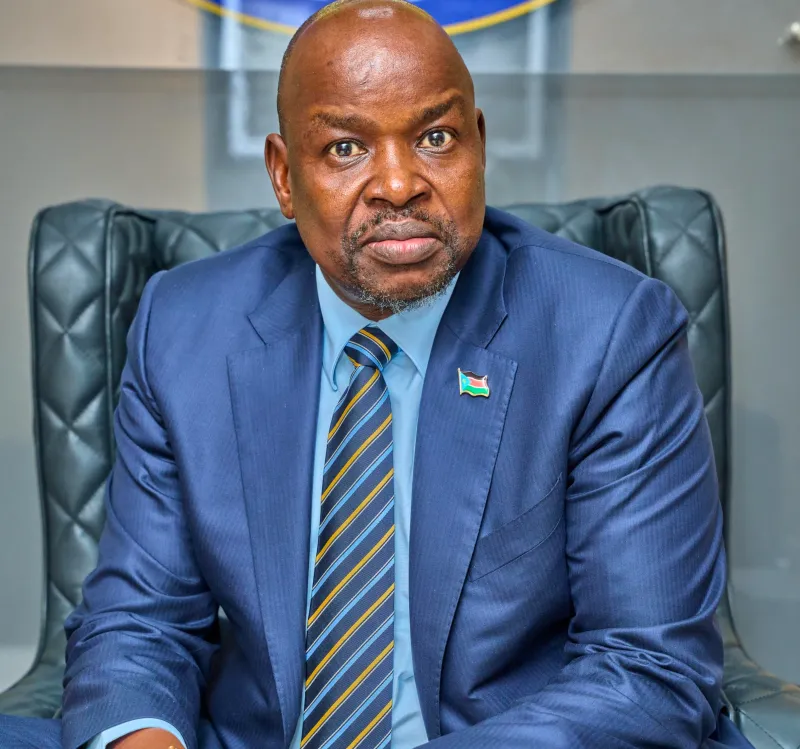
In a surprise political shake-up, South Sudan’s President Salva Kiir has dismissed one of his five vice-presidents, Benjamin Bol Mel, who had widely been regarded as a potential successor.
In a decree broadcast on state television, Kiir not only removed Bol Mel from office but also stripped him of his military rank of general and expelled him from the National Security Service (NSS). The announcement also included the dismissal of the central bank governor and the revenue authority chief, both known to be close allies of Bol Mel. No official reason was provided for the sweeping changes.
The move comes amid rising political tension and renewed fears of instability, following the collapse of a fragile power-sharing deal between Kiir and opposition leader Riek Machar.
Appointed vice-president only in February, the 47-year-old Bol Mel had replaced veteran politician James Wani Igga. Shortly after, he was named first deputy chairman of the ruling Sudan People’s Liberation Movement (SPLM), a position analysts say strengthened his political influence and positioned him as a likely heir to the 74-year-old president. Kiir later elevated him to full general in the NSS.
Despite his rise, Bol Mel remained a controversial figure. The United States sanctioned him in 2017 over alleged corruption, calling him Kiir’s “principal financial advisor”, a characterization the president’s office denied. Those sanctions were renewed earlier this year. Bol Mel has never publicly responded to the allegations or commented on his recent dismissal.
No successors have yet been announced for the vacated positions.
Reports of an internal power struggle within the SPLM have circulated on social media in recent weeks. A senior government source, speaking anonymously for safety reasons, described Bol Mel as a “divisive figure” and added, “It’s good that he has gone.”
Witnesses reported that hours before Bol Mel’s dismissal, his security detail was withdrawn from both his residence and office in Juba.
South Sudan, an oil-rich nation, gained independence from Sudan in 2011 but was plunged into a devastating civil war two years later after relations between Kiir and Machar broke down.
The 2018 peace deal that ended major fighting has struggled to hold. Elections have been delayed twice in the past three years, while clashes between pro-government forces and armed groups have intensified.
Earlier this year, Machar was removed from his post, arrested, and later charged with murder, treason, and crimes against humanity, a move critics say deepened divisions and fueled fears of renewed conflict. His spokesperson denounced the prosecution as a “political witch-hunt.”
The charges were filed after a militia allegedly linked to Machar carried out an attack that killed 250 soldiers and a general, according to government reports. The case is still ongoing.

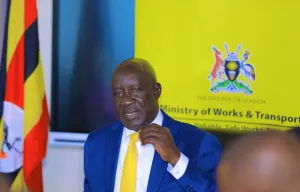
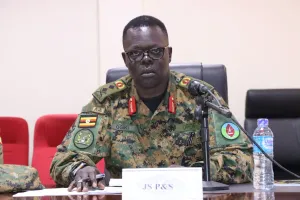
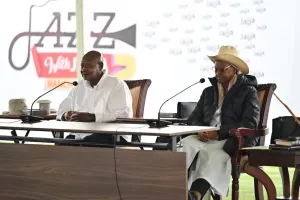
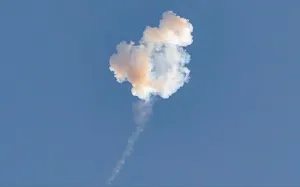
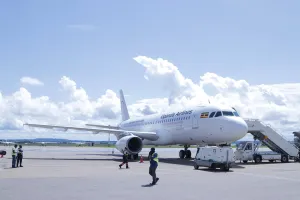







Phillip Baraka
Leave a Comment
Your email address will not be published.